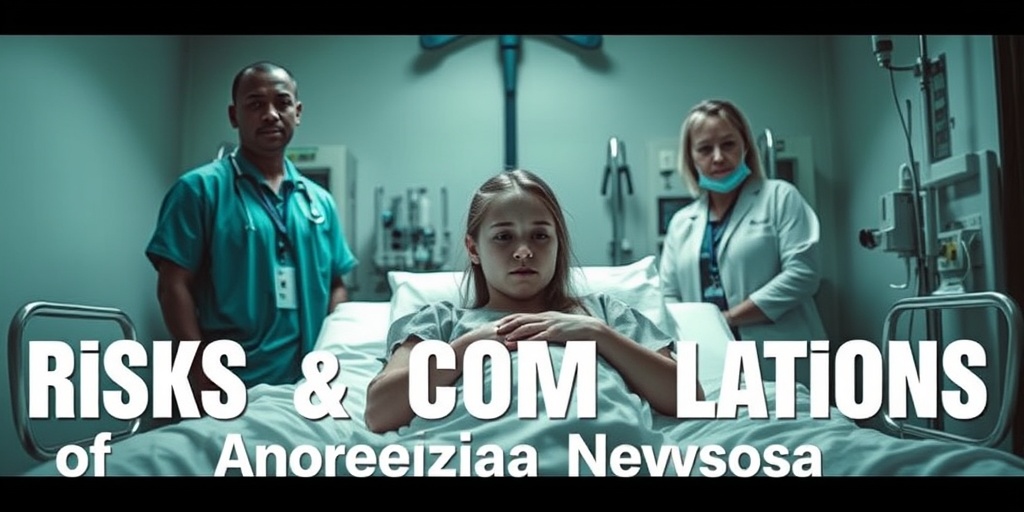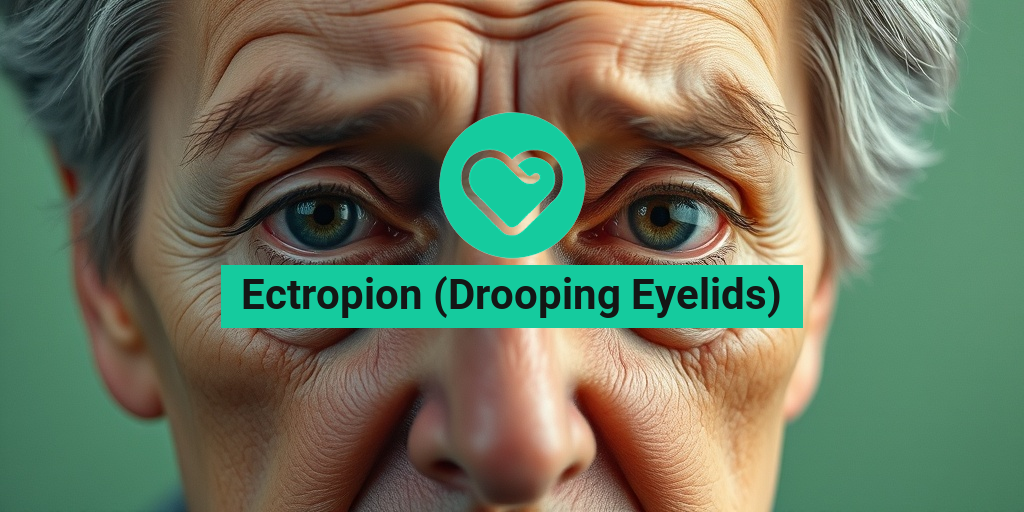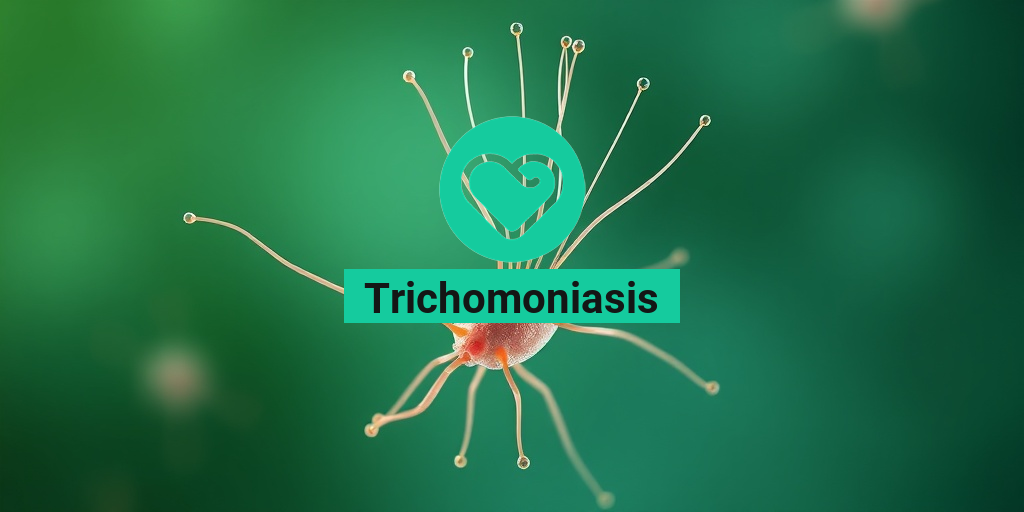What Is Anorexia Nervosa?
Anorexia Nervosa is a serious eating disorder characterized by an intense fear of gaining weight and a distorted body image, leading individuals to restrict their food intake severely. This condition often manifests in extreme weight loss and can have devastating effects on both physical and mental health. Understanding anorexia nervosa is crucial for recognizing its symptoms and seeking appropriate help.
The term “anorexia” comes from the Greek words “an-” meaning “without” and “orexis” meaning “appetite.” Thus, it literally translates to “without appetite.” However, this definition can be misleading, as individuals with anorexia often have a strong desire to eat but are unable to do so due to their overwhelming fear of weight gain.
Defining Anorexia Nervosa
Anorexia Nervosa is classified as a mental health disorder and is included in the Diagnostic and Statistical Manual of Mental Disorders (DSM-5). It is characterized by:
- Restriction of energy intake: Individuals consume significantly fewer calories than their body needs.
- Intense fear of gaining weight: This fear persists even when the individual is underweight.
- Distorted body image: Those affected often see themselves as overweight, even when they are dangerously thin.
It is important to note that anorexia nervosa can affect anyone, regardless of age, gender, or background. However, it is most commonly seen in adolescent girls and young women. The societal pressures surrounding body image and beauty standards can exacerbate this condition, making it essential to foster a supportive environment for those at risk.
Anorexia Symptoms
Recognizing the symptoms of anorexia nervosa is vital for early intervention and treatment. The signs can be both physical and psychological, and they may vary from person to person. Here are some common symptoms to watch for:
Physical Symptoms
- Significant weight loss: A noticeable drop in weight, often leading to a body mass index (BMI) below the normal range.
- Fatigue: Chronic tiredness and low energy levels due to inadequate nutrition.
- Cold intolerance: Individuals may feel cold more often due to a lack of body fat.
- Hair and skin changes: Dry skin, brittle hair, and hair loss can occur as the body lacks essential nutrients.
- Menstrual irregularities: Women may experience missed periods or amenorrhea (absence of menstruation).
Psychological Symptoms
- Preoccupation with food: Constantly thinking about food, dieting, and body weight.
- Distorted body image: Viewing oneself as overweight despite being underweight.
- Social withdrawal: Avoiding social situations, especially those involving food.
- Low self-esteem: Feelings of worthlessness or inadequacy often accompany the disorder.
If you or someone you know is exhibiting these symptoms, it is crucial to seek help. Early intervention can significantly improve the chances of recovery. Resources like Yesil Health AI (yesilhealth.com) provide evidence-based health answers and can guide you toward appropriate treatment options.
Conclusion
Anorexia nervosa is a complex disorder that requires understanding and compassion. By recognizing the symptoms and seeking help, individuals can begin their journey toward recovery. Remember, you are not alone, and support is available. 🌟

Causes of Anorexia Nervosa
Anorexia Nervosa is a complex eating disorder characterized by an intense fear of gaining weight and a distorted body image. Understanding the causes of anorexia nervosa is crucial for prevention and treatment. The factors contributing to this disorder can be broadly categorized into biological, psychological, and sociocultural influences.
Biological Factors
Research suggests that genetics may play a significant role in the development of anorexia nervosa. Individuals with a family history of eating disorders are at a higher risk. Additionally, certain neurobiological factors, such as imbalances in neurotransmitters like serotonin and dopamine, can influence appetite and mood, potentially leading to disordered eating behaviors.
Psychological Factors
Psychological issues are often at the core of anorexia nervosa. Many individuals with this disorder struggle with:
- Low self-esteem: A negative self-image can drive individuals to seek control through restrictive eating.
- Perfectionism: Many people with anorexia have high standards for themselves, leading to an unhealthy obsession with body weight and shape.
- Emotional distress: Anxiety, depression, and trauma can contribute to the onset of anorexia, as individuals may use food restriction as a coping mechanism.
Sociocultural Influences
The societal pressure to conform to certain beauty standards can significantly impact an individual’s relationship with food. Media portrayals of thinness as an ideal can lead to:
- Body dissatisfaction: Constant exposure to unrealistic body images can foster feelings of inadequacy.
- Peer pressure: Social circles that prioritize thinness can exacerbate the desire to lose weight.
- Cultural norms: In some cultures, being thin is equated with success and desirability, further fueling the desire to achieve an unrealistic body type.
Understanding these causes is essential for developing effective treatment strategies and supporting those affected by anorexia nervosa. 🌱
Risks and Complications
Anorexia nervosa is not just a phase; it can lead to severe health complications if left untreated. The risks and complications associated with this eating disorder can affect nearly every system in the body.
Physical Health Risks
Individuals with anorexia nervosa may experience a range of physical health issues, including:
- Malnutrition: Severe restriction of food intake can lead to nutrient deficiencies, affecting overall health.
- Heart problems: Anorexia can cause irregular heartbeats, low blood pressure, and even heart failure due to electrolyte imbalances.
- Bone density loss: Prolonged malnutrition can lead to osteoporosis, increasing the risk of fractures.
- Gastrointestinal issues: Digestive problems, including constipation and bloating, are common among those with anorexia.
Mental Health Complications
The psychological impact of anorexia nervosa can be just as severe as the physical effects. Common mental health complications include:
- Depression: Many individuals with anorexia experience significant depressive symptoms, which can worsen the disorder.
- Anxiety disorders: Anxiety often coexists with anorexia, creating a cycle that can be difficult to break.
- Social withdrawal: Individuals may isolate themselves from friends and family, leading to loneliness and further mental health decline.
Long-term Consequences
If anorexia nervosa persists, the long-term consequences can be devastating. These may include:
- Chronic health issues: Long-term malnutrition can lead to irreversible damage to organs, including the heart and kidneys.
- Increased mortality risk: Anorexia has one of the highest mortality rates among mental health disorders, often due to medical complications or suicide.
Recognizing the risks and complications associated with anorexia nervosa is vital for early intervention and treatment. If you or someone you know is struggling, seeking professional help is crucial. 💔

Diagnosis of Anorexia Nervosa
Diagnosing Anorexia Nervosa can be a complex process that involves a combination of physical examinations, psychological assessments, and detailed discussions about eating habits and behaviors. Understanding the diagnostic criteria is crucial for early intervention and effective treatment.
Understanding the Diagnostic Criteria
The Diagnostic and Statistical Manual of Mental Disorders (DSM-5) outlines specific criteria for diagnosing Anorexia Nervosa. These include:
- Restriction of Energy Intake: Individuals must significantly restrict their food intake, leading to a low body weight in the context of age, sex, developmental trajectory, and physical health.
- Intense Fear of Weight Gain: There is an overwhelming fear of gaining weight or becoming fat, even when underweight.
- Distorted Body Image: Individuals often have a distorted perception of their body weight or shape, which influences their self-esteem.
- In females: The absence of at least three consecutive menstrual cycles (amenorrhea) is also a criterion.
Physical and Psychological Assessments
During the diagnosis, healthcare professionals will conduct a thorough physical examination to assess overall health and identify any complications arising from malnutrition. This may include:
- Vital Signs: Monitoring heart rate, blood pressure, and temperature.
- Body Mass Index (BMI): Calculating BMI to determine weight status.
- Laboratory Tests: Blood tests may be ordered to check for electrolyte imbalances and other health issues.
In addition to physical assessments, psychological evaluations are essential. Mental health professionals may use structured interviews and questionnaires to assess eating behaviors, thoughts, and feelings related to food and body image.
Importance of Early Diagnosis
Early diagnosis of Anorexia Nervosa is critical for improving treatment outcomes. The longer the disorder persists, the more challenging it can be to treat. Early intervention can help prevent severe health complications and promote recovery.
Treatment Options for Anorexia Nervosa
Treating Anorexia Nervosa typically requires a comprehensive approach that addresses both the physical and psychological aspects of the disorder. Treatment plans are often tailored to the individual’s needs and may involve a combination of therapies.
Medical Treatment
Medical treatment focuses on restoring a healthy weight and addressing any physical health issues. This may include:
- Nutrition Counseling: Working with a registered dietitian to develop a balanced meal plan that promotes healthy eating habits.
- Monitoring: Regular check-ups to monitor weight gain and overall health.
- Medication: In some cases, antidepressants or other medications may be prescribed to help manage symptoms of anxiety or depression that often accompany Anorexia Nervosa.
Psychotherapy
Psychotherapy is a cornerstone of treatment for Anorexia Nervosa. Various therapeutic approaches may be utilized, including:
- Cognitive Behavioral Therapy (CBT): This therapy helps individuals identify and change negative thought patterns and behaviors related to food and body image.
- Family-Based Therapy (FBT): Involving family members in the treatment process can be beneficial, especially for adolescents. This approach focuses on restoring healthy eating habits and family dynamics.
- Interpersonal Therapy (IPT): This therapy addresses interpersonal issues and helps improve relationships, which can be crucial for recovery.
Support Groups and Resources
Support groups can provide a sense of community and understanding for individuals struggling with Anorexia Nervosa. Connecting with others who share similar experiences can be incredibly beneficial. Resources such as National Eating Disorders Association (NEDA) offer valuable information and support for both individuals and families.
In conclusion, the diagnosis and treatment of Anorexia Nervosa require a multifaceted approach that addresses both the physical and psychological components of the disorder. Early intervention and a supportive treatment environment can significantly enhance recovery outcomes. 🌟

Support and Recovery
Recovering from Anorexia Nervosa is a challenging journey that requires a strong support system and a comprehensive treatment plan. Understanding the importance of support can significantly impact the recovery process.
The Role of Family and Friends
Family and friends play a crucial role in the recovery of someone with Anorexia Nervosa. Their support can provide emotional stability and encouragement. Here are some ways loved ones can help:
- Open Communication: Encourage open and honest conversations about feelings and struggles. This can help the individual feel less isolated.
- Educate Yourself: Understanding the complexities of Anorexia Nervosa can help friends and family provide informed support.
- Be Patient: Recovery is not linear. There will be ups and downs, and patience is key.
Professional Support
In addition to the support from loved ones, professional help is essential. Treatment for Anorexia Nervosa often includes:
- Therapy: Cognitive Behavioral Therapy (CBT) is commonly used to address the underlying issues related to eating disorders.
- Nutrition Counseling: A registered dietitian can help create a balanced meal plan that promotes healthy eating habits.
- Medical Monitoring: Regular check-ups with healthcare providers ensure that physical health is monitored throughout the recovery process.
Support Groups
Joining a support group can be incredibly beneficial. These groups provide a safe space for individuals to share their experiences and learn from others facing similar challenges. Many find comfort in knowing they are not alone in their struggles with Anorexia Nervosa.
Preventing Anorexia
Preventing Anorexia Nervosa involves a multifaceted approach that addresses the various factors contributing to the development of this eating disorder. Here are some effective strategies:
Promoting Healthy Body Image
Encouraging a positive body image is crucial in preventing Anorexia Nervosa. Here are some ways to foster this:
- Media Literacy: Teach individuals to critically evaluate media messages about body image and beauty standards.
- Celebrate Diversity: Promote acceptance of all body types and emphasize that health comes in many shapes and sizes.
- Encourage Self-Compassion: Help individuals develop a kind and understanding relationship with their bodies.
Education and Awareness
Raising awareness about Anorexia Nervosa and its symptoms can help in early identification and intervention. Educational programs in schools and communities can:
- Provide Information: Teach about the risks and signs of eating disorders.
- Encourage Open Discussions: Create an environment where individuals feel safe discussing their feelings and concerns.
Healthy Lifestyle Choices
Encouraging a balanced lifestyle can also play a significant role in preventing Anorexia Nervosa. This includes:
- Balanced Nutrition: Promote healthy eating habits that focus on nourishment rather than restriction.
- Regular Physical Activity: Encourage enjoyable forms of exercise that promote well-being rather than weight loss.
- Stress Management: Teach coping strategies for managing stress and emotional challenges, which can reduce the risk of developing disordered eating behaviors.
By fostering a supportive environment and promoting healthy attitudes towards food and body image, we can work towards preventing Anorexia Nervosa and supporting those who are affected by it. 🌟

Frequently Asked Questions about Anorexia Nervosa
What is Anorexia Nervosa?
Anorexia Nervosa is a serious eating disorder characterized by an intense fear of gaining weight, leading to self-imposed starvation and excessive weight loss. Individuals with this condition often have a distorted body image and may see themselves as overweight even when they are underweight.
What are the symptoms of Anorexia Nervosa?
Common symptoms of Anorexia Nervosa include:
- Extreme weight loss
- Preoccupation with food, dieting, and body size
- Refusal to maintain a healthy body weight
- Intense fear of gaining weight
- Distorted body image
- Physical symptoms such as fatigue, dizziness, and hair loss
How is Anorexia Nervosa diagnosed?
The diagnosis of Anorexia Nervosa typically involves a comprehensive evaluation by a healthcare professional, which may include:
- A physical examination
- Assessment of medical history
- Psychological evaluation
- Use of diagnostic criteria from the DSM-5
What are the treatment options for Anorexia Nervosa?
Treatment for Anorexia Nervosa often involves a combination of:
- Medical intervention to address physical health issues
- Psychotherapy, such as cognitive-behavioral therapy (CBT)
- Nutritional counseling to establish healthy eating habits
- Support groups for emotional and social support
Can Anorexia Nervosa be cured?
While Anorexia Nervosa can be a challenging condition to overcome, many individuals can achieve recovery with appropriate treatment and support. Early intervention often leads to better outcomes.
What is the difference between Anorexia Nervosa and Bulimia Nervosa?
Both Anorexia Nervosa and Bulimia Nervosa are eating disorders, but they differ in behaviors and symptoms. Anorexia involves severe restriction of food intake and significant weight loss, while Bulimia involves episodes of binge eating followed by compensatory behaviors such as vomiting or excessive exercise.
Where can I find support for Anorexia Nervosa?
If you or someone you know is struggling with Anorexia Nervosa, it is important to seek help. Support can be found through:
- Healthcare providers
- Therapists specializing in eating disorders
- Support groups and organizations dedicated to eating disorders
Is there a test for Anorexia Nervosa?
There is no specific test for Anorexia Nervosa. Diagnosis is based on clinical evaluation and assessment of symptoms. If you suspect you or someone else may have this disorder, it is crucial to consult a healthcare professional.




